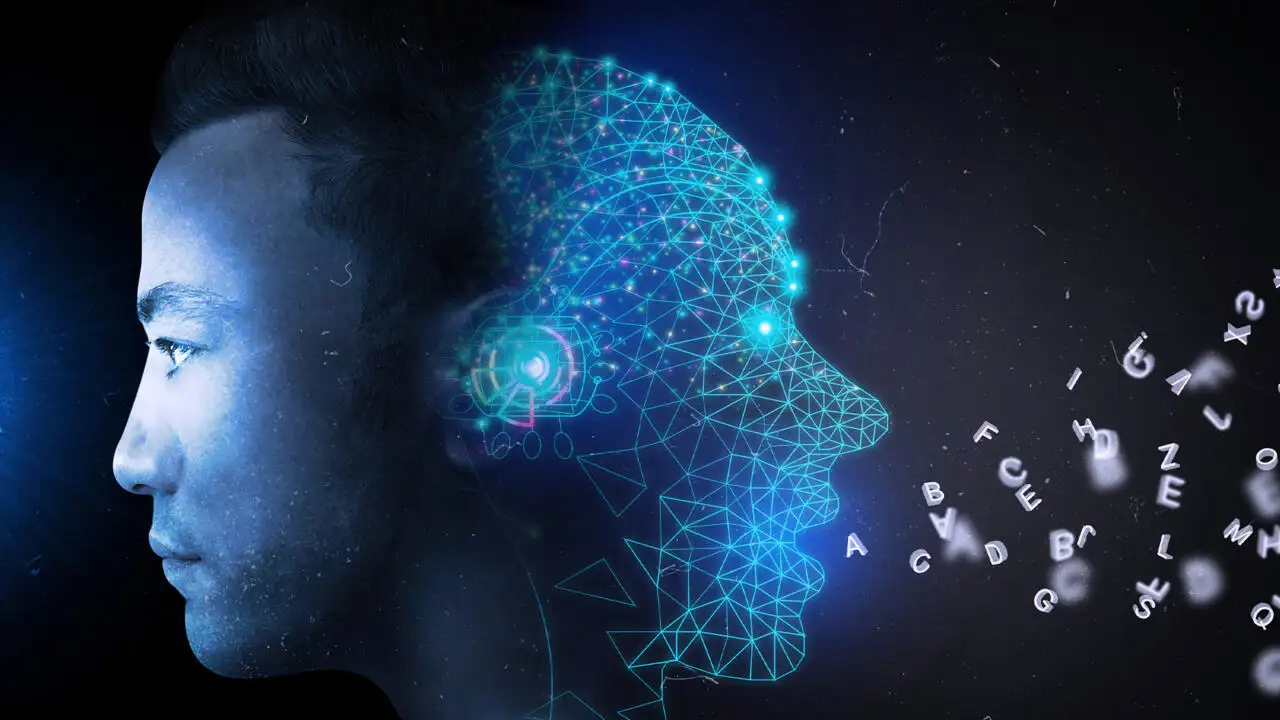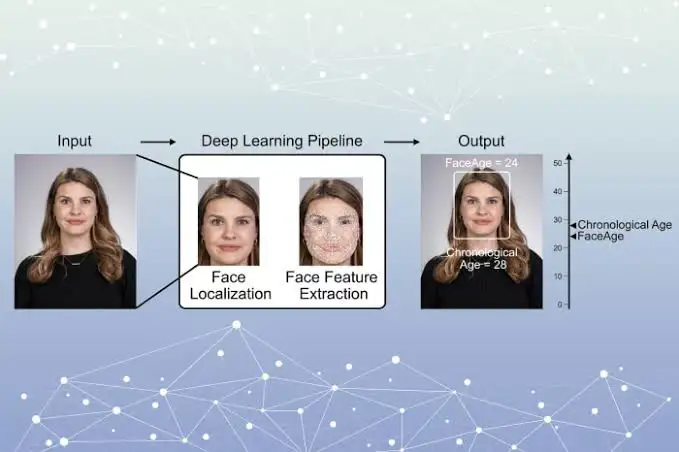Scientists at Boston University have uncovered a critical mechanism in the brain that explains why certain seemingly mundane moments stick with us forever, according to their new research. The key finding, derived from an analysis of data from nearly 650 participants, is that a powerful emotional event acts as a "spotlight" to solidify otherwise fragile memories, a process the team terms "graded prioritization."
This sophisticated system demonstrates that the brain actively "rescues" weak memories when they are tied to a significant or surprising experience, challenging previous assumptions about how memories are encoded and consolidated. The researchers identified two distinct ways these emotional anchors influence recall: memories formed immediately after an emotional event (like the seconds following a surprising announcement) are cemented based on the enduring strength of the emotional event itself.
Conversely, memories formed before the pivotal moment are more likely to be preserved if they share a conceptual similarity with the event, suggesting the brain prioritizes based on overlap and context, not just simple proximity in time.
In essence, the research shows that the brain has a sophisticated system of "graded prioritization," ensuring that weak memories that would otherwise decay are preserved due to their proximity to an emotional high point. These findings have significant implications, suggesting potential new strategies for both education and clinical treatment. By understanding precisely how emotion stabilizes memories, researchers believe they could develop targeted techniques to improve learning retention for difficult material or, conversely, help weaken distressing memories in trauma-related disorders. The story is from SciTechDaily.




